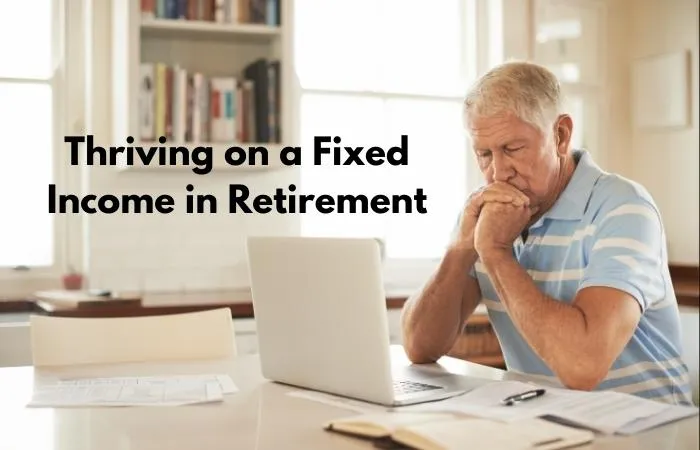The Taxation of Reverse Mortgages in Canada: Key Insights for Homeowners
A reverse mortgage can be a powerful financial tool for Canadian homeowners aged 55 or older, offering the flexibility to access home equity without making monthly payments. However, the tax implications are often a key consideration for those exploring this option. In this blog, we’ll take a closer look at the tax benefits and obligations of reverse mortgages in Canada, how they impact estate planning, and their effect on government benefits. By understanding these factors, homeowners can make informed decisions for their financial future. Tax-Free Retirement Income One of the most compelling aspects of a reverse mortgage is that the funds received are not considered taxable income. Unlike other forms of retirement income, such as withdrawals from an RRSP or RRIF, the money from a reverse mortgage is classified as a loan. This means homeowners can access cash from their home’s equity without increasing their tax burden, providing a tax-efficient way to supplement retirement income. Property Taxes and Reverse Mortgages While reverse mortgage funds themselves are not taxed, homeowners must still fulfill certain tax obligations related to their property. In British Columbia, homeowners over 55 can defer property taxes, even if they have a reverse mortgage. However, in Alberta, seniors who defer property taxes cannot use the program if they already have a reverse mortgage in place. This distinction is important for those looking to leverage their home equity while minimizing out-of-pocket expenses. Estate Planning Considerations Reverse mortgages can also play a role in estate planning, particularly when it comes to reducing potential estate tax liabilities. By decreasing the value of the estate through a reverse mortgage, heirs may face lower estate taxes when the home is passed on. Additionally, since the loan is repaid only when the home is sold or the homeowner passes away, reverse mortgages provide a way to maintain liquidity during retirement without disrupting estate planning goals. Impact on Government Benefits Many homeowners are concerned about how reverse mortgage income might impact government benefits, such as Old Age Security (OAS), the Guaranteed Income Supplement (GIS), or Canada Pension Plan (CPP) payments. Fortunately, because reverse mortgage funds are considered a loan, they do not count as taxable income and thus do not affect eligibility for these benefits. However, homeowners should consult with a financial advisor to understand how provincial social assistance programs might assess home ownership or reverse mortgage proceeds in their calculations. Reverse Mortgage Interest and Tax Deductibility While the proceeds from a reverse mortgage are tax-free, the interest on the loan is generally not tax-deductible for personal income tax purposes. However, if the funds are invested in income-generating assets, some portion of the interest may be deductible. Consulting with a tax professional is highly recommended to navigate these nuances. Protecting Your Financial Future Reverse mortgages offer a unique, tax-efficient way to access home equity and supplement retirement income. However, homeowners should carefully consider the tax implications, as well as the impact on their estate and government benefits. Engaging with a financial advisor or tax expert is essential to developing a strategy that aligns with both short-term financial needs and long-term goals. Call to Action Are you ready to explore how a reverse mortgage could work for your retirement? Whether you're looking to reduce your tax burden, increase your cash flow, or plan for a secure financial future, we can help. Contact us today to learn more about how a reverse mortgage can fit into your retirement strategy.




